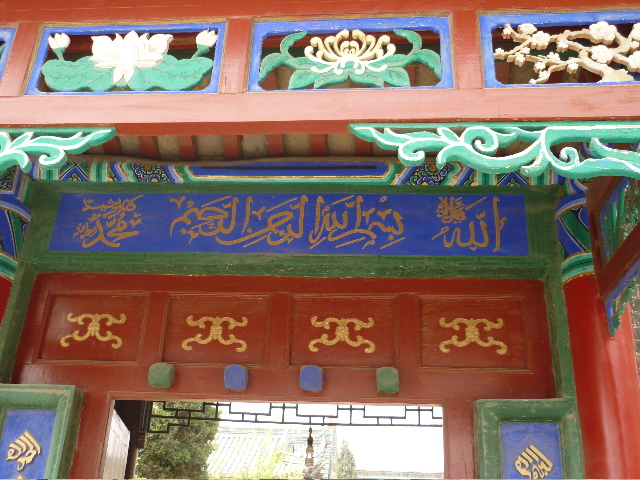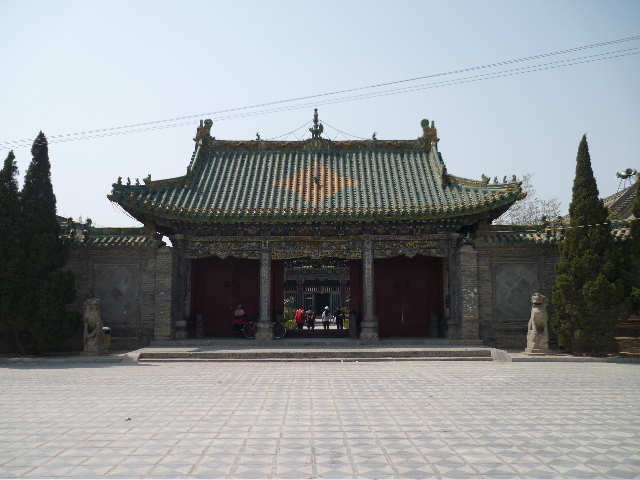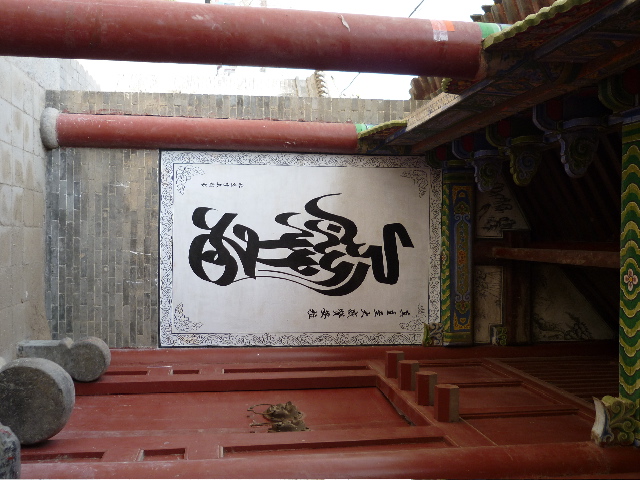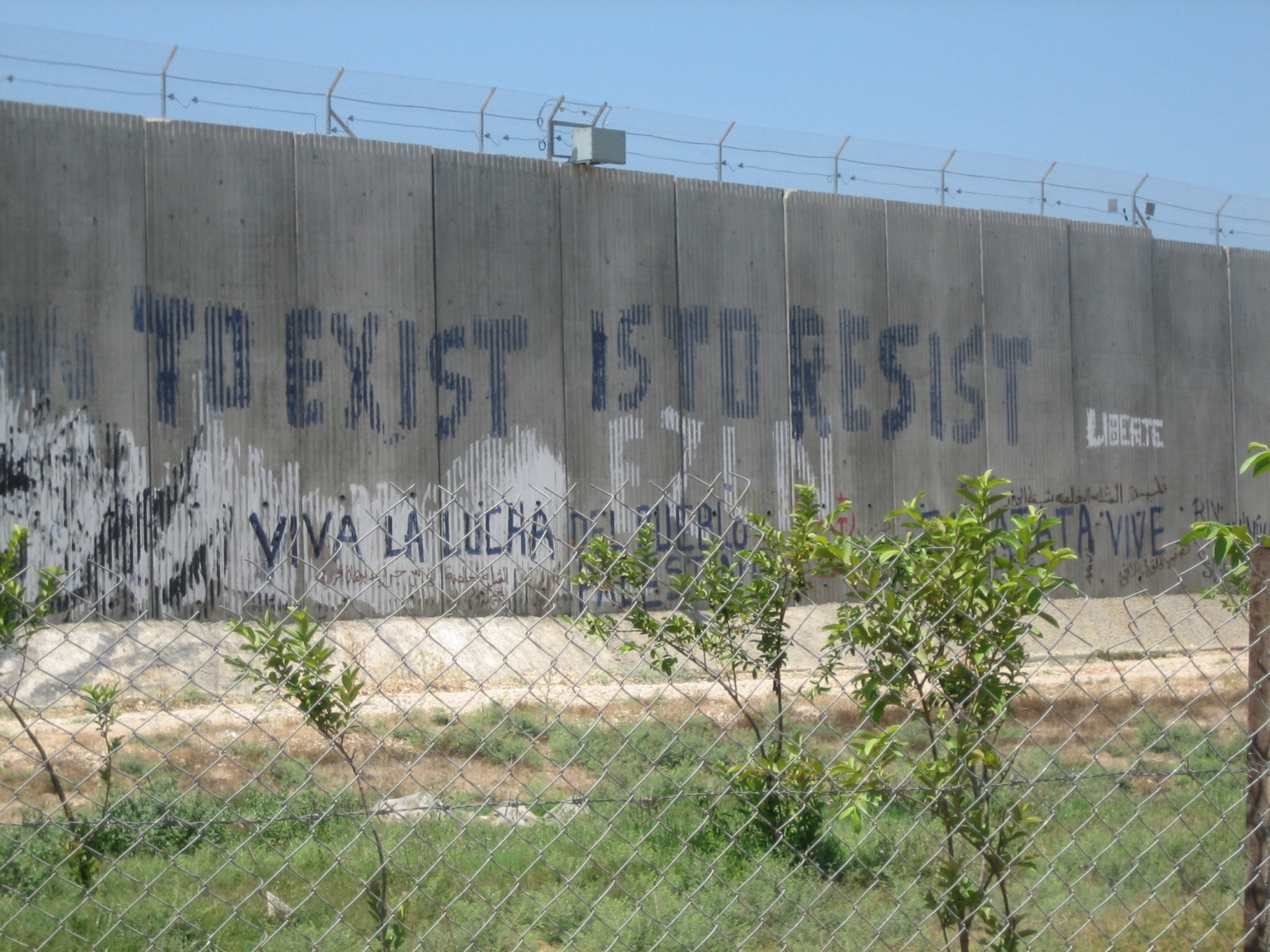China: Amnesty protests forced evictions
Violent forced evictions in China are on the rise as local authorities seek to offset debts by seizing and selling off land in suspect deals with developers, Amnesty International charges.
Violent forced evictions in China are on the rise as local authorities seek to offset debts by seizing and selling off land in suspect deals with developers, Amnesty International charges.
Residents of Van Giang outside Hanoi marched to oppose the seizure of their lands for an “EcoPark” development project hailed by the government as a model of sustainability.

An indigenous environmental activist was killed in Mexico's south-central state of Morelos, three days ahead of a planned referendum on an energy development project that he opposed. Samir Flores Soberanes was a leader of the local Peoples in Defense of Land and Water Front and community radio station Amilzinko. He was slain by unknown gunmen in an attack at his home in the village of Amilcingo, Temoac municipality. He was a longtime figure in local opposition to the planned Huexca power plant and associated natural-gas pipeline, pushed by the government under the Morelos Integral Project. (Photo: Somos el Medio)
Under pressure to address the ongoing wave of targeted assassinations in Colombia, President Iván Duque for the first time spoke before the National Commission to Guarantee Security, formed by the previous government to address continuing violence in the country—which has only worsened since he took office last year. Duque said 4,000 people are now under the government's protection program for threatened citizens. But his office implied that the narco trade is entirely behind the growing violence. Interior Minister Nancy Patricia Gutiérrez told the meeting: "This great problem is derived from the 200,000 hectares of illicit crops that we have in Colombia." However, it is clear that the narco economy is but part of a greater nexus of forces that fuel the relentless terror—all related to protecting rural land empires and intimidating the peasantry. (Photo via Contagio Radio)

Gilberto Valencia, a young Afro-Colombian cultural worker, became 2019's first casualty of political violence in Colombia, when a gunman opened fire on a New Years party he was attending in his village in Cauca region. As the death toll from around the country mounted over the following weeks, the UN Mission to Colombia warned President Iván Duque that he must address "the issue of the assassinations of social leaders and human rights defenders." Colombia's official rights watchdog, the Defensoría del Pueblo, acknowledges that there was an assassination on average every two days in the country last year—a total of 172, and a rise of more than 35% over 2017. (Photo via Caracol Radio)

On his first day in office, President Jair Bolsonaro issued a measure taking away responsibility for indigenous land demarcation from the indigenous affairs agency, FUNAI, and handing it over to the Agriculture Ministry. In the same decree, Bolsonaro shifted authority over regularization of quilombos (Afro-Brazilian collective lands) from the agrarian reform institute, INCRA, to the Agriculture Ministry. The measure greatly weakens FUNAI, taking away its most important function. In practice, key areas of indigenous and quilombo policy will now be in the hands of agribusiness advocates—a long-time demand of the Bancada Ruralista (agribusiness lobby) in Congress. Bolsonaro is openly calling for abolition of Brazil's large indigenous reserves, a move with grave implications for the Amazon rainforest and global climate. (Photo: Kayapo women in Brazilian Amazon, via FUNAI)

The dark days of state collaboration with Colombia's murderous paramilitary groups were recalled with the arrest in New York of Javier Valle Anaya, former sub-director of Bogotá's Administrative Security Department (DAS), a now-disbanded intelligence agency that was found to be feeding information to the paras. Valle Anaya was detained on an immigration violation, but may face extradition to Colombia, where he is wanted in connection with the 2004 assassination of a human rights activist in Barranquilla. Ironically, the arrest comes just as a new scandal has emerged concerning an illegal network of chuzadas—Colombian slang for eavesdroppers. Retired National Police general Humberto Guatibonza was arrested in Bogotá, charged with running a chuzada ring that spied on labor activists—particularly members of the airline workers union, ACDAC. (Photo via Contagio Radio)

In Episode 13 of the CounterVortex podcast, Bill Weinberg deconstructs Trump's executive order ostensibly ending the policy of family separation on the southern border, and demonstrates how it actually lays the groundwork for indefinite detention of migrants on military bases. The Central American peasantry, expropriated of its lands by state terror, CAFTA and narco-violence, is forced to flee north—now into the arms of Trump's new gulag. Immigrants are the proverbial canaries in the American coal-mine. The Trump crew are testing their methods on them because they are vulnerable, and banking on the likelihood that non-immigrants will say "not my problem." But if they get away with what they are doing now to a vulnerable and isolated population of non-citizens, it sets a precedent—and ultimately nobody is safe. Listen on SoundCloud, and support our podcast via Patreon.

In Episode Five of the CounterVortex podcast, Bill Weinberg makes the case that despite the official ideology of "socialism with Chinese characteristics" and the revival of rhetoric and imagery from the Mao era, media commentators are off base in their comparison of Xi Jinping and Mao Zedong. The new personalistic dictatorship of Xi is appropriating the outward forms of Maoism, but whereas the Great Helmsman used totalitarian methods to advance socialism (at least in terms of his own intentions) Xi is doing so to further entrench China's savage capitalist system. As a part of the same constitutional changes that have installed Xi as the new "paramount leader," the Chinese Communist Party is imposing further market liberalization and "supply-side" economic reform. The New Cold War between the US and China is simply a rivalry between capitalist powers. But in the global divide-and-conquer game, the leaders of oppressed nationalities within China such as the Tibetans and Uighurs look to the US and the West as allies, while left-populist governments in Latin America such as Venezuela and Bolivia similarly look to China. How can we respond to these developments in a way that builds solidarity between peasants, workers and indigenous peoples across the geopolitical divide? Listen on SoundCloud, and support our podcast via Patreon
(Photo: chinaworker.info)

Burma's Rakhine state is being militarized at an alarming pace, as authorities build security force bases on lands where Rohingya villages were burned to the ground just months ago, Amnesty International charges in a new report. The chief UN official investigating human rights in Burma, Yanghee Lee, called for an immediate investigation into "clearance operations" in Rakhine state, stating she is increasingly convinced that actions by the Burmese security forces amount to genocide. (Photo: VOA via Wikimedia Commons)